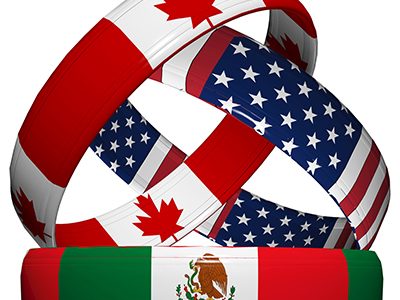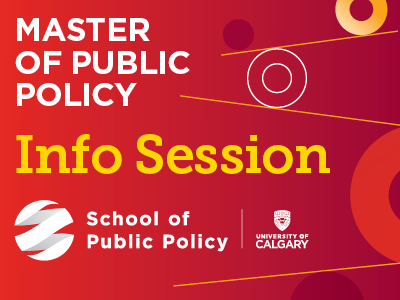Does the United States actually have a NAFTA strategy?

Perhaps it’s too early to discern, after just two negotiating sessions among the NAFTA partners, whether the United States has a game plan for reaching agreement, or whether they are just going through the motions with a view to pulling the plug on the hopeless task of a lopsided “America First” deal.
Either way, the clear tactical objective is to play emotionally to the electoral base that supports U.S. President Donald Trump rather than to embrace professionally the opportunity of improving an already beneficial North American free-trade agreement.
For example, the U.S. demand for American content in NAFTA-made cars is laughable because auto companies would be better off paying the alternative, much more flexible, WTO “bound” tariff of 2.5 per cent into the U.S. market, with potentially zero NAFTA content.
Further, the self-inflicted downside for the United States of this kind of “my way or the highway” gambit is that it further raises the bar with Mr. Trump’s electoral base when it comes to ultimately proclaiming success.
If anything, the U.S. should be dialling down the rhetoric and preparing the public for a modernized agreement with enough political “gets” for all sides to declare victory. Indeed, based on public reports, it appears that there is a deal on the table if negotiators and their political masters have the wit to see it through.
The alternative explanation is that such threats, coupled with extreme negotiating positions, are designed to facilitate failure at the negotiating table and subsequent U.S. abrogation of the agreement. That would really fulfill the election promise of dealing with America’s allegedly worst-ever trade agreement, even if it translated into a net negative for those who voted for the President.
Ironically, though, that scenario could play out well in the end for all sides despite the roller-coaster ride in the meantime. Here’s how it would work.
Negotiations fail. Instead of shrugging and saying “Well, we gave it a good try” (in reality, the bullying backfired), the President gives notice of NAFTA abrogation. The inevitable response of a constitutional challenge is brought forward, claiming that the President has no such unilateral authority, with Congress having at least concurrent, if not ultimate, authority. (U.S. constitutional history is unclear on the issue.)
If the Supreme Court ultimately favours congressional authority, that would be a major setback for the scope of presidential power. It would also probably put abrogation to the side as members of Congress generally appear to be pro-NAFTA – or at least not anti-NAFTA. Congress is also not favourably disposed to trying to make a deal with the President.
If the Supreme Court sides with the President, it would be a hollow victory as Congress still retains the legislative authority that gives practical meaning to trade agreements. It is unlikely that Congress would choose to dismantle NAFTA-implementing legislation.
Regardless of which way the decision goes, the President would be able to put a tick mark beside an election promise, Congress would show who’s boss on trade, and Canada and Mexico would be back at the status quo ante.
The downside, of course, is that all three countries would have gone through a lot of risk and uncertainty for the sake of an individual’s ego. But in terms of playing the game, that’s at worst a draw for Canada and Mexico with the king in check.
By: Andrei Sulzenko
Andrei Sulzenko is a former trade negotiator and currently executive fellow at the School of Public Policy, University of Calgary.
Source: Globe and Mail


